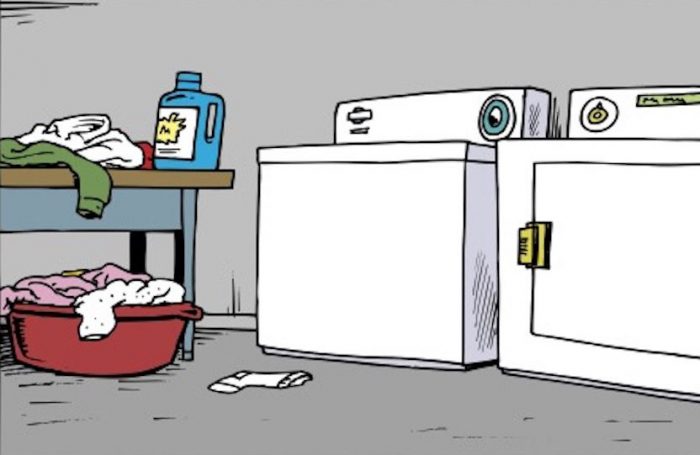By Daniel Dunaief

Infinitives appear to be like peanut butter and jelly for me. I don’t want to add bananas, nuts or anything else between the two spreads, because peanut butter and jelly represent a taste combination that agrees with me and my digestive tract.
The combination of the word “to” and a verb belong together, without adverbs, adjectives, nouns or other parts of speech jammed between them. I want to love, to live, to eat, to sleep, to play and to laugh without any additional words attempting to clog up the ideas or to interfere with the narrative flow.
And yet, in modern prose, people increasingly chose to split infinitives, jamming words in between “to” and a verb. For me, that’s like forcing a reader to add a verbal hiccup. Maybe some English — or language arts in modern educational parlance — teacher back in my days at Ward Melville High School shared his or her dislike for split infinitives that makes me want to cringe when reading an otherwise effective sentence.
To make my point, I’d like to consider (yes, this is a column about infinitives so prepare to be amazed) how several important quotes, phrases, book and movie titles might read with a split infinitive. To begin, let’s explore Thomas Jefferson’s words from the Declaration of Independence: “We hold these truths to be self evident.” Those words would falter if he had chosen to write: “We hold these truths to fundamentally be self evident.”
Would you like to consider Shakespeare? Hamlet’s soliloquy in which he ponders whether “to be or not to be” would fall flat if he said, “to kind of be or not to comfortably be.” That not only sounds wrong, but it loses the power of a pithy line about the nature of existence and his willingness to continue to live (yup, two in a row) in a world of treachery.
Let’s pause to consider Harper Lee’s “To Kill a Mockingbird.” Perhaps an infinitive splitter might want to add an adverb, such as “To Treacherously Kill a Mockingbird” or “To Slanderously Kill a Mockingbird.” Both options struggle to add an unnecessary word.
How about James Bond’s “License to Kill?” Would a split infinitive change that to “License to violently kill?” It’s already a Bond film, so you’re prepared to witness violence. Would you prefer to imagine “License to vengefully kill?” Would that have affected its ability to win at the box office? I tend to doubt that.
Another Bond movie with an infinitive is “No time to die.” An adverb addict might want to convert the title to “No time to literally die.” Well, yeah, Bond films force the titular character to confront death. These days, people are inclined to overuse the word “literally” anyway, as in, “I literally ate all the food on my plate.” I suspect few people would interrupt to ask if you’d figuratively or literally eaten everything.
How about Tina Turner’s song “What’s love got to do with it?” If we split the infinitive, she might sing, “what’s love go to accurately do with it?” Turner doesn’t want to encourage love when she’s enjoying the physical connection. Would “accurately” threaten to trample on the song’s meaning?
The book by Ernest Hemingway, who preferred to use simple prose, would lose some of its resonance if we added anything to the title, “To have and have not.” Borrowing from a vastly overused word that could become “To fully have and have not.”
So, to sum up the idea, to get to the point, to address the important issue, and to make myself clear, I still believe, no matter how acceptable it might be, that splitting infinitives jams an unnecessary word where it doesn’t belong, threatening to dilute its meaning, to alter its trajectory and to cause unnecessary misdirection. Let’s agree to keep infinitives together, giving them room to be, to love and to bask in their original meaning. Now, to return to where I began, I’d like to find some peanut butter and jelly.















